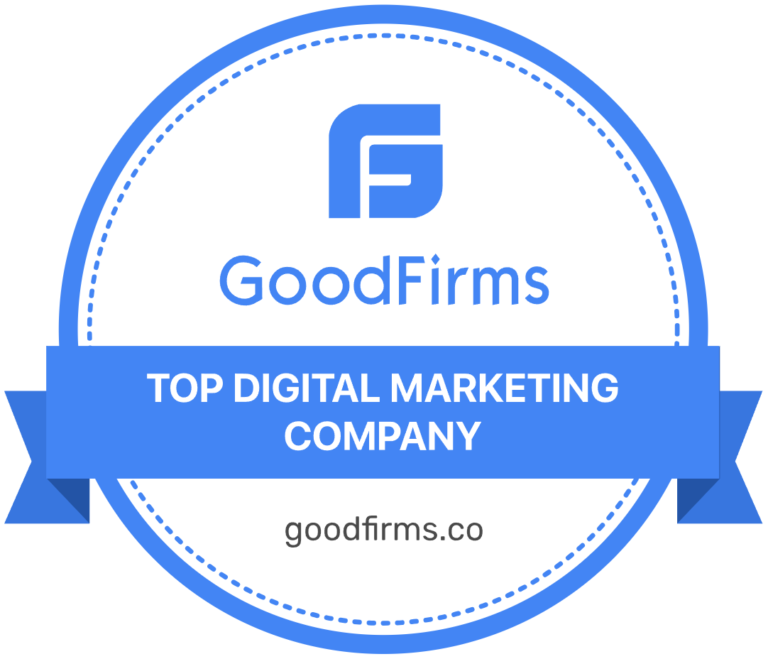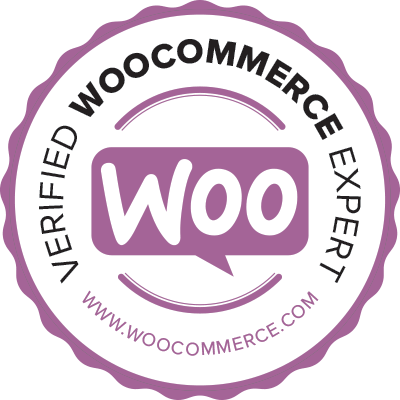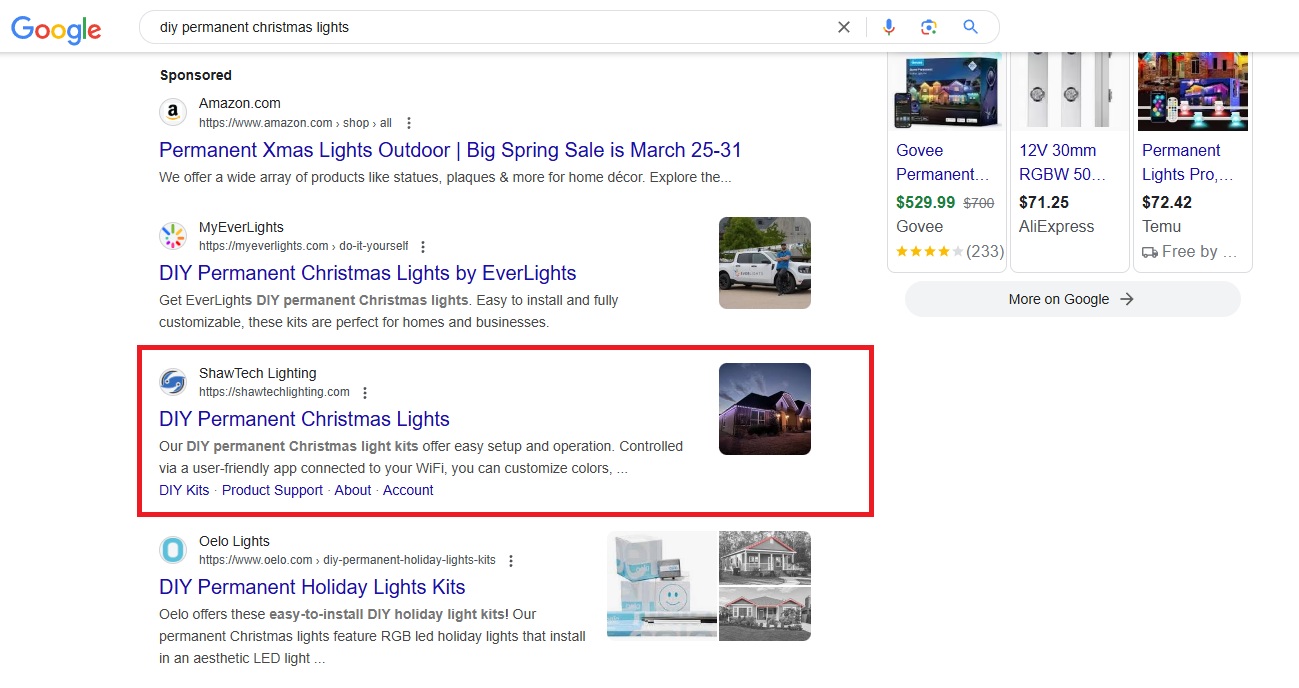ShawTech Lighting has seen exceptional growth through our digital marketing partnership — earning greater online visibility, stronger customer engagement, and a more authoritative brand presence. Through strategic SEO, targeted campaigns, and optimized content, we helped position ShawTech Lighting as a trusted leader in permanent LED lighting. Our work has driven measurable increases in traffic, conversions, and nationwide recognition — and we’re proud to say that we’ve achieved #1 rankings across the country for this client.
- Long-term Relationships Through Results, Not Contracts @ Utah Digital Marketing Experts


















